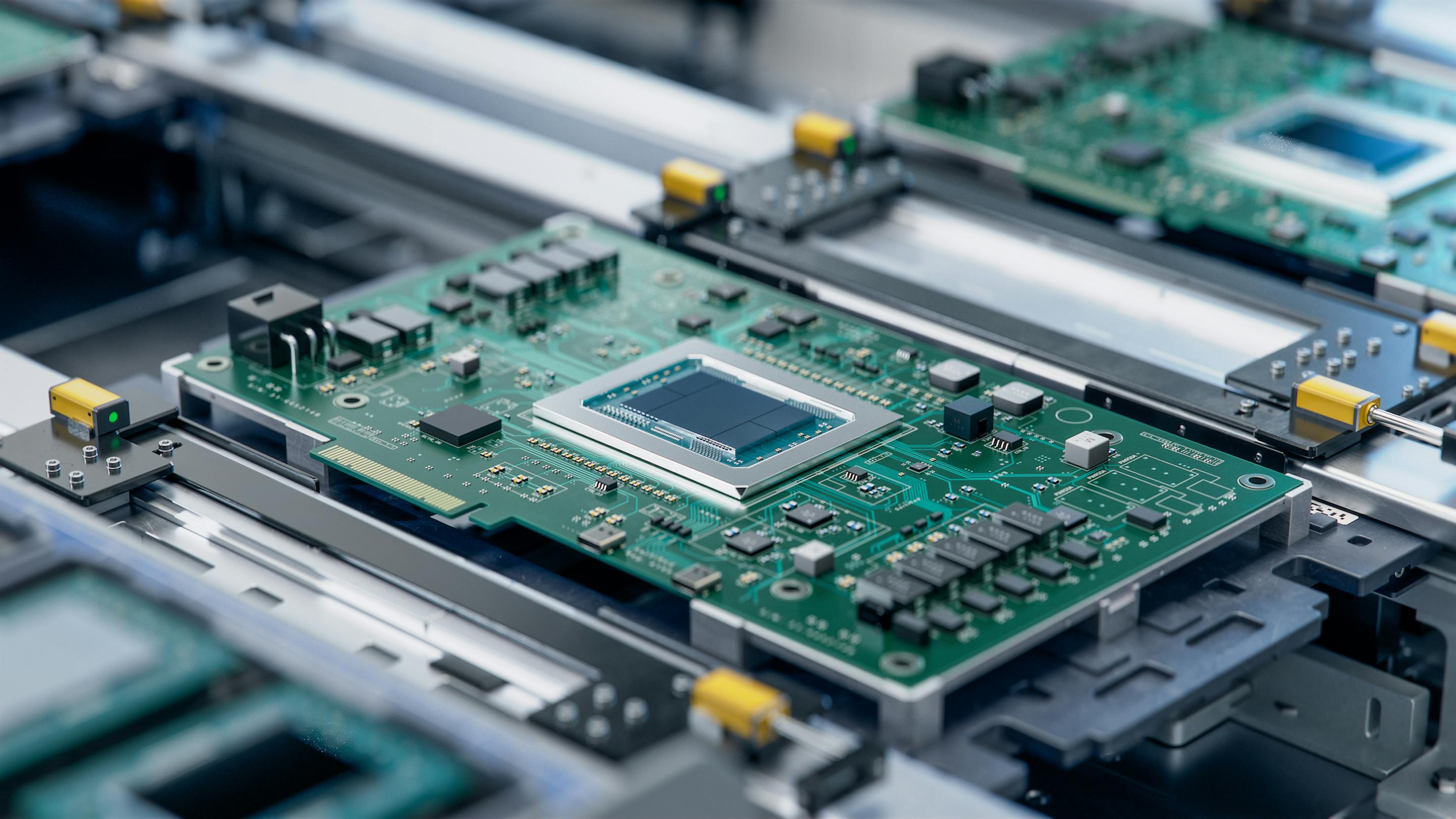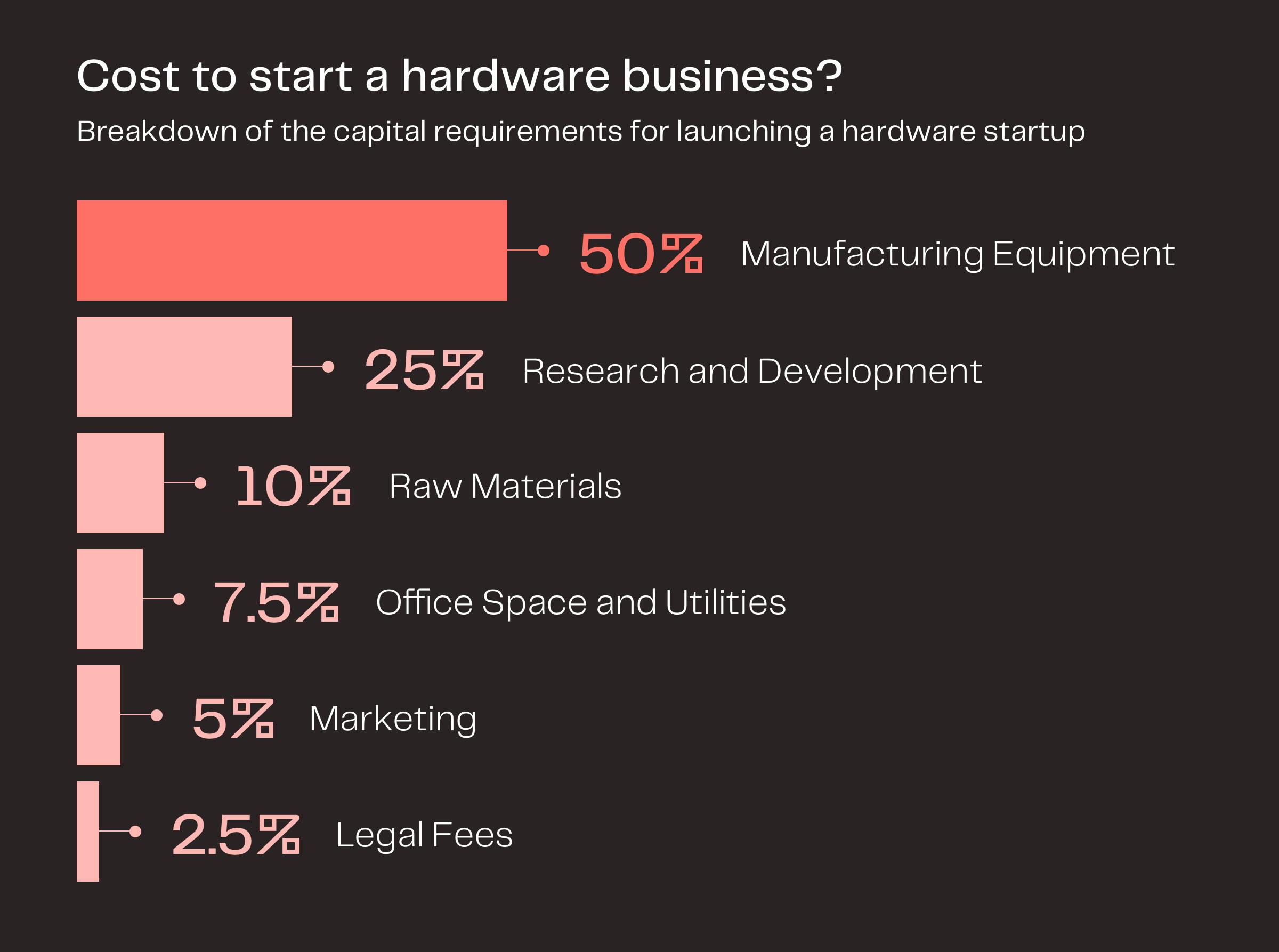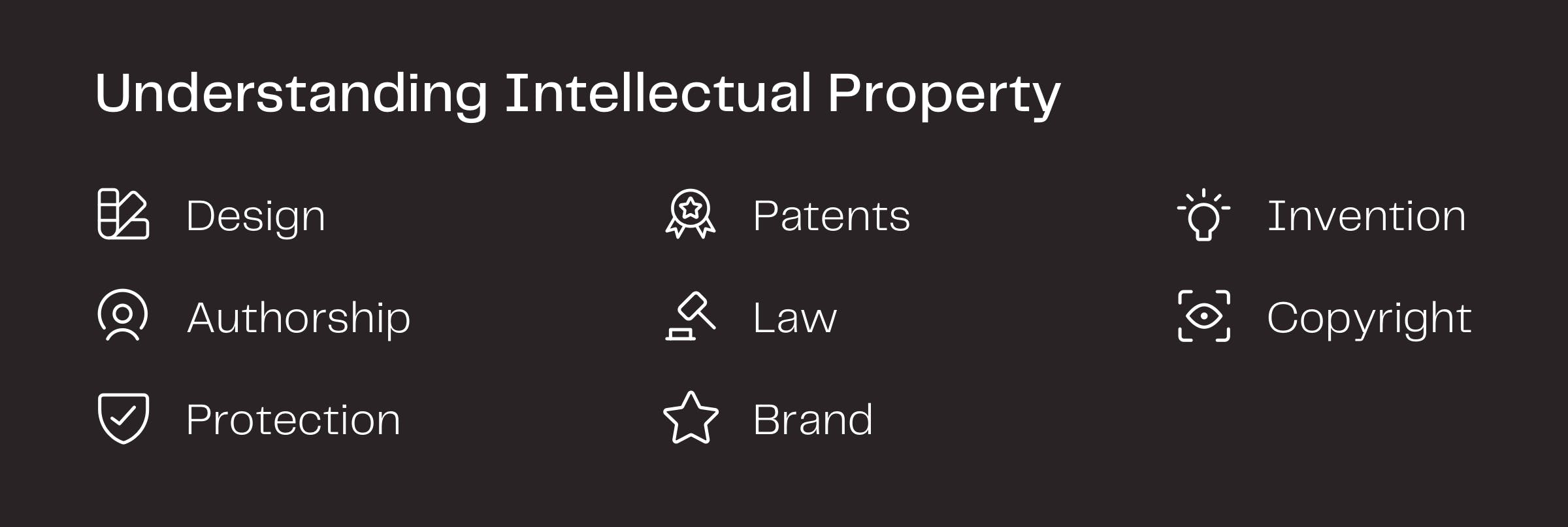Hardware Startup Survival Strategies: Tackling the Top 10 Pitfalls

Starting a hardware startup comes with a unique set of challenges that differentiate it from other startups. Unlike other startups, hardware startups face a multitude of unique obstacles that can hinder their path to success. From the need for technical expertise to the complexities of manufacturing, navigating these pitfalls requires careful planning and strategic thinking. In this article, we will explore ten common reasons why hardware startups fail and provide potential solutions that can help them overcome these challenges. By understanding these pitfalls and implementing effective strategies, you as an aspiring hardware entrepreneur can increase your chances of building a thriving and sustainable business in the fast-paced world of technology.
Physical vs. Digital: The Divergent Paths of Startup Development
While both types of startups, hardware and software, share common entrepreneurial hurdles, there are some key differences that highlight the unique challenges faced by hardware startups. Firstly, hardware startups are involved in the creation of physical products, which requires expertise in engineering, materials science, and industrial design. In contrast, software startups primarily focus on coding and digital development.
The creation of physical products often requires more effort and incurs higher development costs. This can make it more difficult for hardware startups to obtain funding, as the capital requirements are usually very high, especially at the beginning.
Ensuring a consistent supply chain for sourcing materials, components, and manufacturing partners can be a complex logistical task that software startups do not have to deal with.
Furthermore, hardware startups need to manage physical inventory and distribution networks, which introduces complexities related to warehousing, shipping logistics, and stock-level management. On the other hand, software startups generally deal with digital distribution and can scale their user base without concerns about physical inventory.
90% of startups fail, particularly during the crucial period of seeking product-market fit and scaling up sales between years 2 and 5. But did you know that startups that work together with a venture studio have a 30% higher success rate and succeed at a remarkable speed of 69% faster compared to those operating independently?
Our Director of Venture Development Dr. Corinna Sinzig explains why.
Mastering the Art of Hardware Entrepreneurship: Lessons from the Field
1. Lack of Technical Expertise
Building hardware requires specialized technical knowledge and skills. Unlike software, where code can be written by a single developer, hardware development often requires a team with diverse expertise, including electrical and mechanical engineering as well as industrial design. To address this challenge, it is beneficial for startups to collaborate with engineers, designers, and manufacturers who specialize in hardware development. Another useful approach is to utilize existing platforms and frameworks that offer pre-built components or modules, reducing the need for extensive technical expertise. For instance, NBT has developed a platform for the machine economy that serves as a comprehensive end-to-end solution, distinguishing it from other IoT platforms available on the market, which are solely software-based.
Find out more about NBT’s Machine Economy Platform.
2. Insufficient Quality Testing
Hardware products must undergo rigorous quality testing to ensure their reliability and performance. This is essential to prevent potentially catastrophic mistakes for a startup. Insufficient testing can result in flaws and defects, leading to customer dissatisfaction and higher return rates. However, ensuring the reliability and durability of hardware products is a complex and costly process. Collaborating with pilot customers during the testing phase can provide valuable feedback and help identify any issues early on, enabling necessary improvements to be made.
3. High Development and Manufacturing Costs
Hardware development and manufacturing typically involve high upfront costs, from prototyping to tooling and mass production. These costs can quickly spiral out of control, affecting a startup's financial stability. To mitigate this, startups should focus on eliminating bugs as early as possible during the development phase. The later a bug is discovered, the more expensive it becomes to fix. Employing efficient bug-tracking systems and investing in thorough quality control measures can help minimize costs.

4. Long Development Timelines
Hardware startup projects often suffer from lengthy development timelines, causing delays in bringing products to market. Relying on a Minimum Viable Product (MVP) strategy and utilizing rapid prototyping techniques can expedite the development process. This approach allows startups to validate concepts early and gather user feedback, subsequently streamlining production cycles.
5. Manufacturing Challenges and Supply Chain
Manufacturing hardware products can be complex and fraught with challenges. Particularly, navigating the intricate landscape of manufacturing and supply chains can be overwhelming. However, issues such as supply chain disruptions, production delays, or quality control problems have the potential to derail your startup and impede progress. To overcome these challenges, it is crucial to meticulously choose reliable manufacturing partners with industry experience. Implementing robust supply chain management practices and maintaining open communication will help mitigate these challenges and ensure a seamless production process. In many cases, diversifying suppliers can be beneficial to reduce dependencies.
6. Lack of Scalability
Scaling a hardware startup is no easy feat. Numerous startups encounter difficulties in meeting the growing demand for their product or fail to efficiently expand their operations. To address this, it is crucial to incorporate scalability into the product design and manufacturing processes right from the start. Acquiring adequate funding to support growth is also essential.

Identifying potential bottlenecks early on and implementing scalable manufacturing techniques can assist in meeting the evolving market demands. Moreover, it is important to continuously monitor and optimize operations to accommodate and sustain growth effectively.
7. Marketing and Sales Challenges
Limited market reach and intense competition often pose significant challenges. Robust marketing and sales strategies that focus on identifying target markets, creating compelling value propositions, and establishing strong distribution channels can help overcome these hurdles. Developing a clear marketing strategy that encompasses both online and offline channels is essential. Building relationships with distributors and retailers can also help expand market reach and increase visibility for the product. Moreover, this is another area where working with a venture studio offers tremendous benefits. NBT offers collaboration with experts in almost every field to create a successful business.
8. Intellectual Property and Patent Issues
Intellectual property (IP) theft is a major concern for hardware startups. Protecting hardware innovations from copycats and patent infringements requires a deep understanding of IP laws and robust legal protection strategies. Unlike software, which can be copyrighted easily, hardware requires more comprehensive measures. Failing to protect your innovative ideas or technology can result in competitors copying your product or infringing on your patents.

Spending excessive time researching how to protect your IP can hinder your progress. To safeguard your IP, it is advisable to consult with intellectual property attorneys early in the development process to file patents and trademarks. This helps avoid costly legal battles later on. Regularly monitoring the market for potential infringements and taking appropriate legal action, if necessary, is also crucial.
9. Lack of Customer Support
Providing excellent customer support is essential for hardware startups to build customer loyalty and maintain a positive reputation. While providing support for physical products can strain resources, neglecting this service can result in negative reviews, returns, and missed opportunities with potential customers. To mitigate these risks, it is important to invest in establishing effective customer support channels and promptly addressing customer inquiries. Implementing systems to track customer feedback and continuously improving your product based on user insights is also essential.
10. Ignoring User Feedback
Disregarding user feedback is a grave mistake that many hardware startups make. Your customers are an invaluable source of information for product improvement and innovation. Failing to gather and act upon user feedback can result in products that don't meet customer needs or expectations, leading to poor sales and reputational damage. Actively seek out user feedback through surveys, reviews, and direct communication channels. Analyze this feedback objectively and incorporate relevant suggestions into future iterations of your product. By listening to your customers and continuously improving, you can stay ahead of the competition.
Unlocking Success: NBT's Commitment to Empowering Hardware Startups
While starting a hardware startup is challenging, armed with the knowledge of common pitfalls and strategies to avoid them, you can increase your chances of success significantly. By addressing the above-mentioned factors and with careful planning, collaboration, and a customer-centric approach, you can position your hardware startup for growth and long-term success.
Remember that failure is often part of the entrepreneurial journey. Learn from your mistakes, adapt quickly, and stay focused on your vision. Embracing innovative solutions and learning from industry best practices. With determination and perseverance, you can overcome the obstacles that stand in the way of your hardware startup’s success.
At NBT, we believe in the potential of hardware startups to drive innovation, and we are committed to providing the guidance and expertise needed to help them thrive. Check out how we can maximize your AIoT potential together.




